Ensemble Alternance - Augustin Braud: Contremouvement (2023) Hi-Res
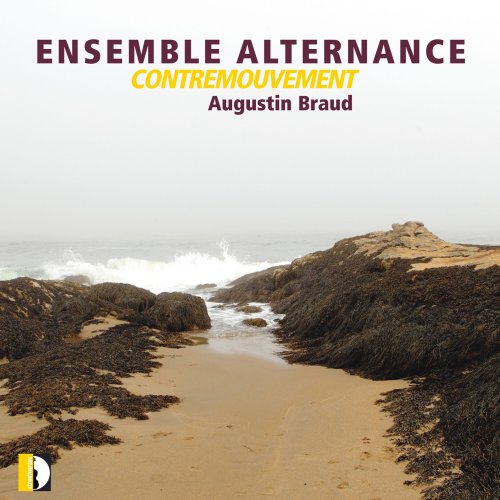
Artist: Ensemble Alternance
Title: Augustin Braud: Contremouvement
Year Of Release: 2023
Label: Stradivarius
Genre: Classical
Quality: FLAC 16/24 Bit (96 KHz / tracks+booklet)
Total Time: 61:50 min
Total Size: 226 MB / 1 GB
WebSite: Album Preview
Tracklist:Title: Augustin Braud: Contremouvement
Year Of Release: 2023
Label: Stradivarius
Genre: Classical
Quality: FLAC 16/24 Bit (96 KHz / tracks+booklet)
Total Time: 61:50 min
Total Size: 226 MB / 1 GB
WebSite: Album Preview
1. Contrechoqué
2. Lignier
3. Contrecarré
4. Contrecoupé
5. Entre espace et silence
6. Contrexposé
Augustin Braud (1994-), jeune compositeur français partiellement autodidacte (il joue d’abord de la batterie dans des groupes de rock et ne découvre qu’ensuite Boulez, Ligeti, Webern ou Schoenberg) avant d’intégrer un parcours académique plus traditionnel, s’intéresse de près au son (il enregistre, édite et sonorise des musiques de différents courants), dont il assure un traitement distinctif, attentif à exploiter chaque instrument de l’orchestre, souvent au service d’une tension, d’une incertitude latentes, qu’il entretient tout au long des compositions – avec une rigueur cruelle à laquelle l’auditeur échappe difficilement. Plusieurs pièces du disque forment le cycle "Contremouvements", initié par "Contrecoupé", ensemble de courts moments pour piano : "Contrechoqué" en développe les figures – à charge de l’Ensemble Alternance (à qui le morceau est dédié) de les détourner et "Contrecarré" conclut la boucle, poussant un cran plus loin les transformations précédemment initiées – "Contrexposé" ajoute à l’expérience une observation des gestes, de leur construction et "Lignier", pour violon seul, efface ce qui dépasse au profit d’une tension (encore elle) sobrement acide. (Bernard Vincken)
Augustin Braud holds a PhD in musicology from the University of Poitiers and the SACEM Claude Arrieu 2020 prize, awarded to a young composer of symphonic music. He was composer in residence at the Orchestre de Chambre Nouvelle Aquitaine for the 2017-2018 season and has since written Ceux qui Restent for the Orchestre Philarmonique de Radio France, which was premiered and recorded in 2022 at the Festival Présences, as well as Lignier, a solo work dedicated to violinist Carolin Widmann. Other works include Stargazer for four trios, commissioned by the Nouvel Ensemble Européen and premiered at the Gaudeamus Festival in 2021, and the chamber music cycle Contremouvements. The search for expressiveness through physical and intellectual tension makes him think of the musician's gesture as pictorial with the imperium of evidence. From Mark Rothko and Anselm Kiefer he draws a plasticity stretched by mutations of soundmatter. Subjected to fragmented constraints and as the forms are stretched, the fragmentary approaches the swarms evokedin Survivance des lucioles by Georges DidiHubermann, Contrechoqué, Contrexposéand Contrecarré,articulated in themanner of Russian dolls, plunge their roots into the same soil, questioning the material and the compressed temporality. Primising the flow over the recurrence of events, they mix interval significance and expressive modes of play chiselled intovolutes of independent lines.
Augustin Braud holds a PhD in musicology from the University of Poitiers and the SACEM Claude Arrieu 2020 prize, awarded to a young composer of symphonic music. He was composer in residence at the Orchestre de Chambre Nouvelle Aquitaine for the 2017-2018 season and has since written Ceux qui Restent for the Orchestre Philarmonique de Radio France, which was premiered and recorded in 2022 at the Festival Présences, as well as Lignier, a solo work dedicated to violinist Carolin Widmann. Other works include Stargazer for four trios, commissioned by the Nouvel Ensemble Européen and premiered at the Gaudeamus Festival in 2021, and the chamber music cycle Contremouvements. The search for expressiveness through physical and intellectual tension makes him think of the musician's gesture as pictorial with the imperium of evidence. From Mark Rothko and Anselm Kiefer he draws a plasticity stretched by mutations of soundmatter. Subjected to fragmented constraints and as the forms are stretched, the fragmentary approaches the swarms evokedin Survivance des lucioles by Georges DidiHubermann, Contrechoqué, Contrexposéand Contrecarré,articulated in themanner of Russian dolls, plunge their roots into the same soil, questioning the material and the compressed temporality. Primising the flow over the recurrence of events, they mix interval significance and expressive modes of play chiselled intovolutes of independent lines.
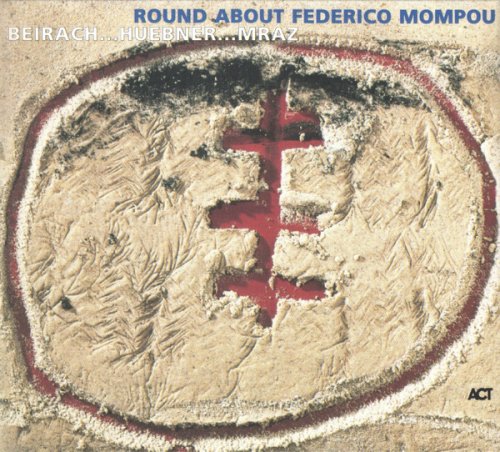
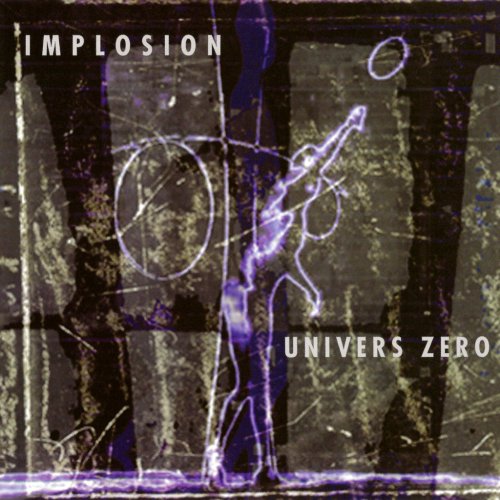
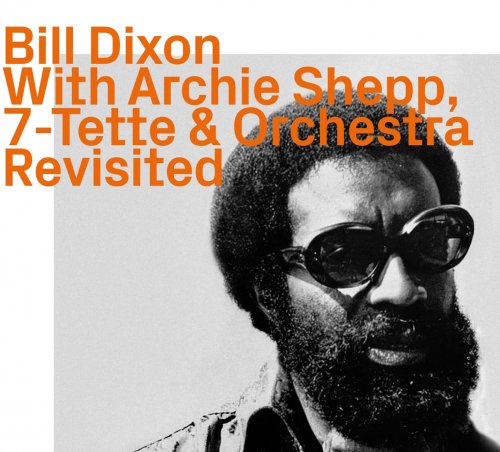
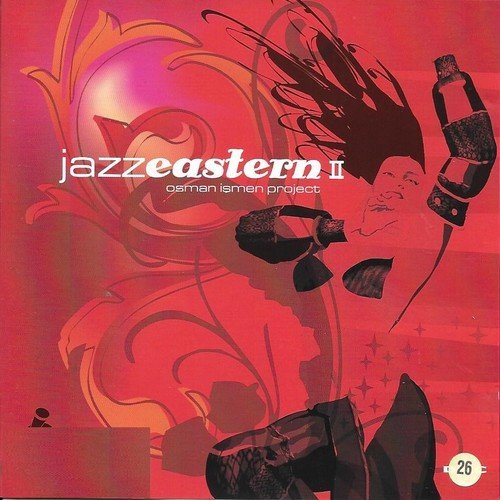
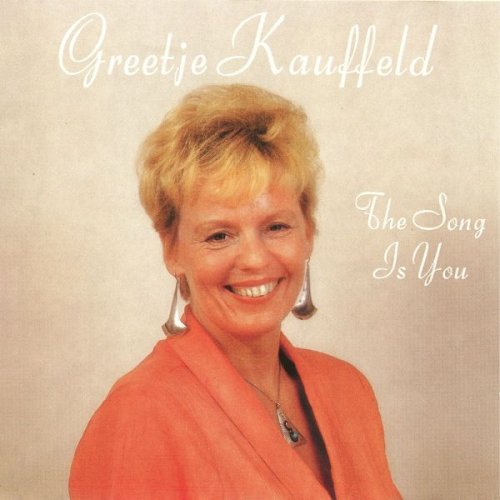
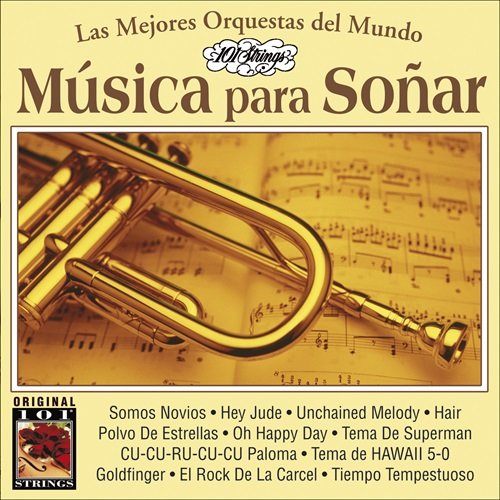
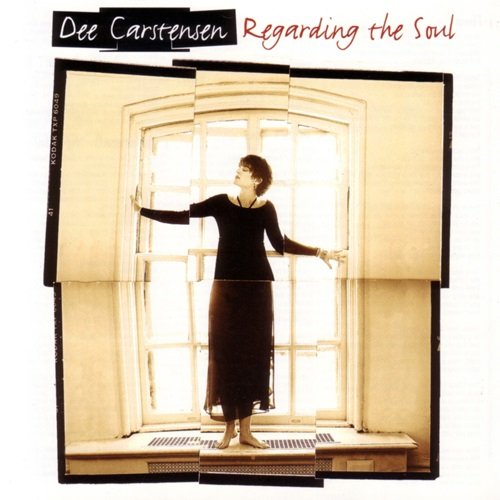
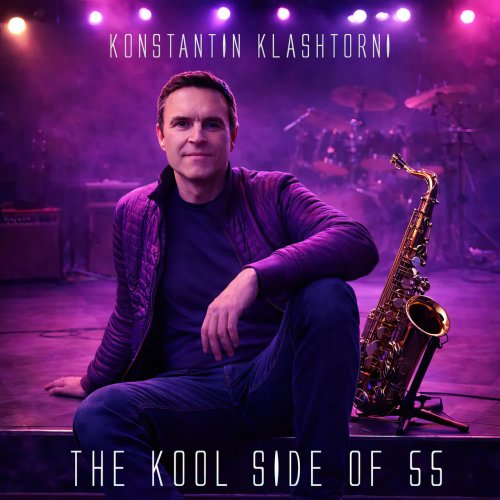
![Bram de Looze, Felix Henkelhausen & Eric McPherson - Vice Versa II - Rebounce (2026) [Hi-Res] Bram de Looze, Felix Henkelhausen & Eric McPherson - Vice Versa II - Rebounce (2026) [Hi-Res]](https://www.dibpic.com/uploads/posts/2026-02/1770897660_n2f39vs6vb16a_600.jpg)